New Delhi: The Delhi government on 2 May deployed 400 electric buses under the Delhi Electric Vehicle Interchanges (DEVI), as part of its larger plan to fully electrify the city’s public transport network by 2026.
Chief Minister Rekha Gupta flagged off the newly inducted electric buses, stating that an additional 2,080 buses will be added to the fleet by the end of 2025. The buses are equipped with live tracking, CCTV cameras, panic buttons, and facilities for differently abled passengers, including ramps and low-floor retractable steps.
“These buses are designed to cover underserved areas where larger 12-metre buses cannot operate,” the government said in a statement. Officials added that the low-floor design is expected to improve accessibility and reduce waiting times in several parts of the capital. The Chief Minister also reiterated the government’s target to achieve a 100 per cent electric public transport system in Delhi by 2026.
“Nearly 45 per cent of Delhi’s air pollution is linked to vehicular emissions. Electrifying the public transport system is one of the key components of our mitigation strategy,” she said during the event.
Gupta also announced that a new Electric Vehicle (EV) policy is being drafted to expand and regulate the electric mobility infrastructure in the capital. According to the Transport Department, Rs 9,000 crore has been allocated to support infrastructure like charging stations, service centres, and modern bus depots.
The introduction of the DEVI buses comes amid growing concerns about air quality in Delhi. Experts have repeatedly highlighted the need to overhaul urban mobility systems to reduce emissions. While Delhi already has a significant fleet of CNG buses, the shift to battery-powered buses is seen as a move to meet both climate and health objectives.
Also Read –
CM Rekha Gupta Proposes Shifting Crowded Delhi Markets, Promises GST Amnesty and Industrial Policy Reform


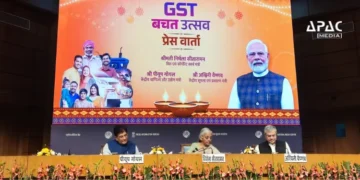
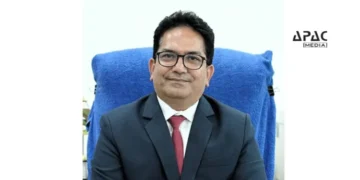
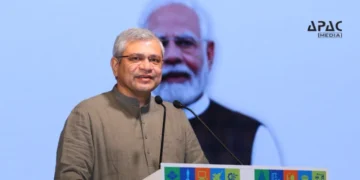








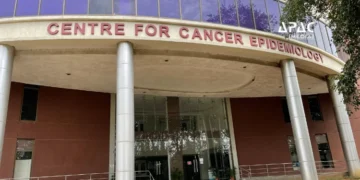

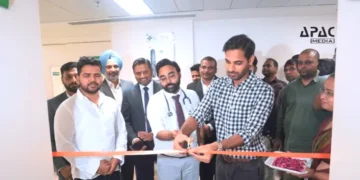



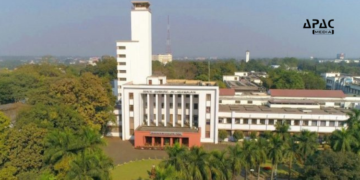


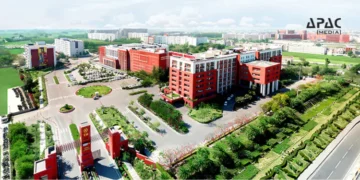
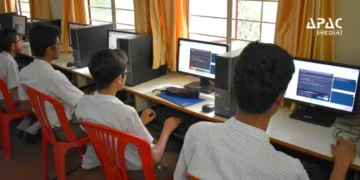


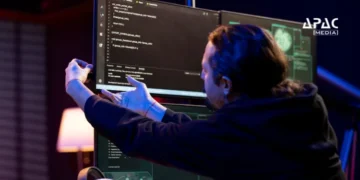
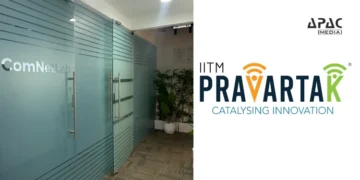
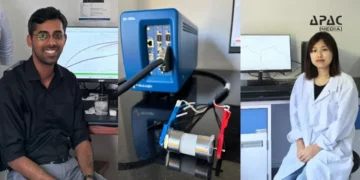
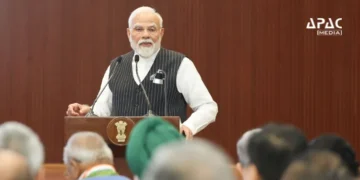

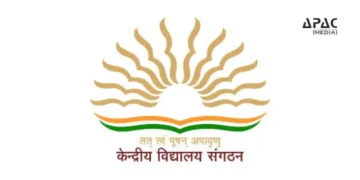



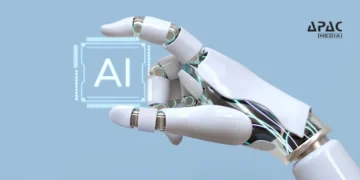
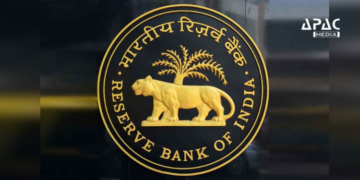



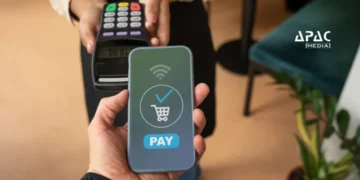

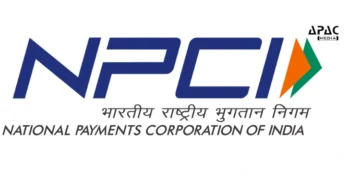
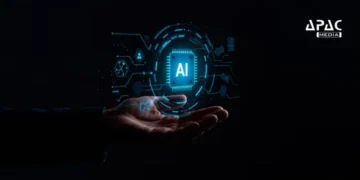
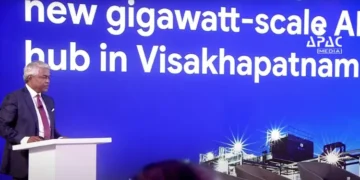
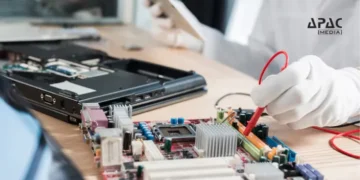



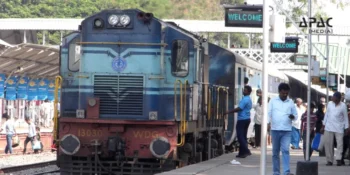
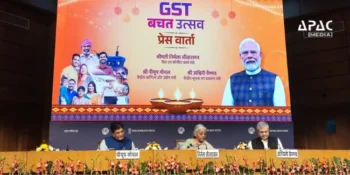











Discussion about this post